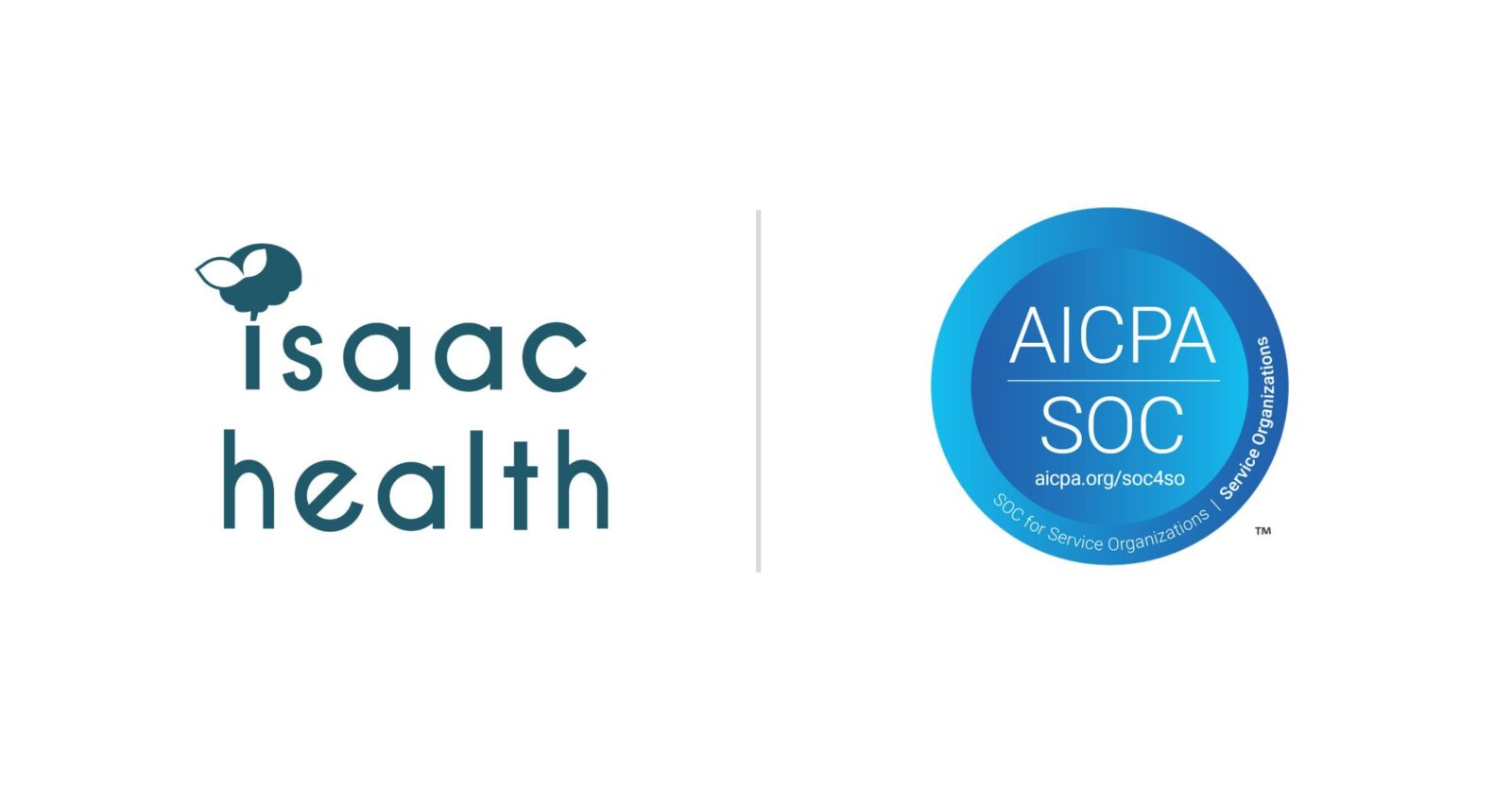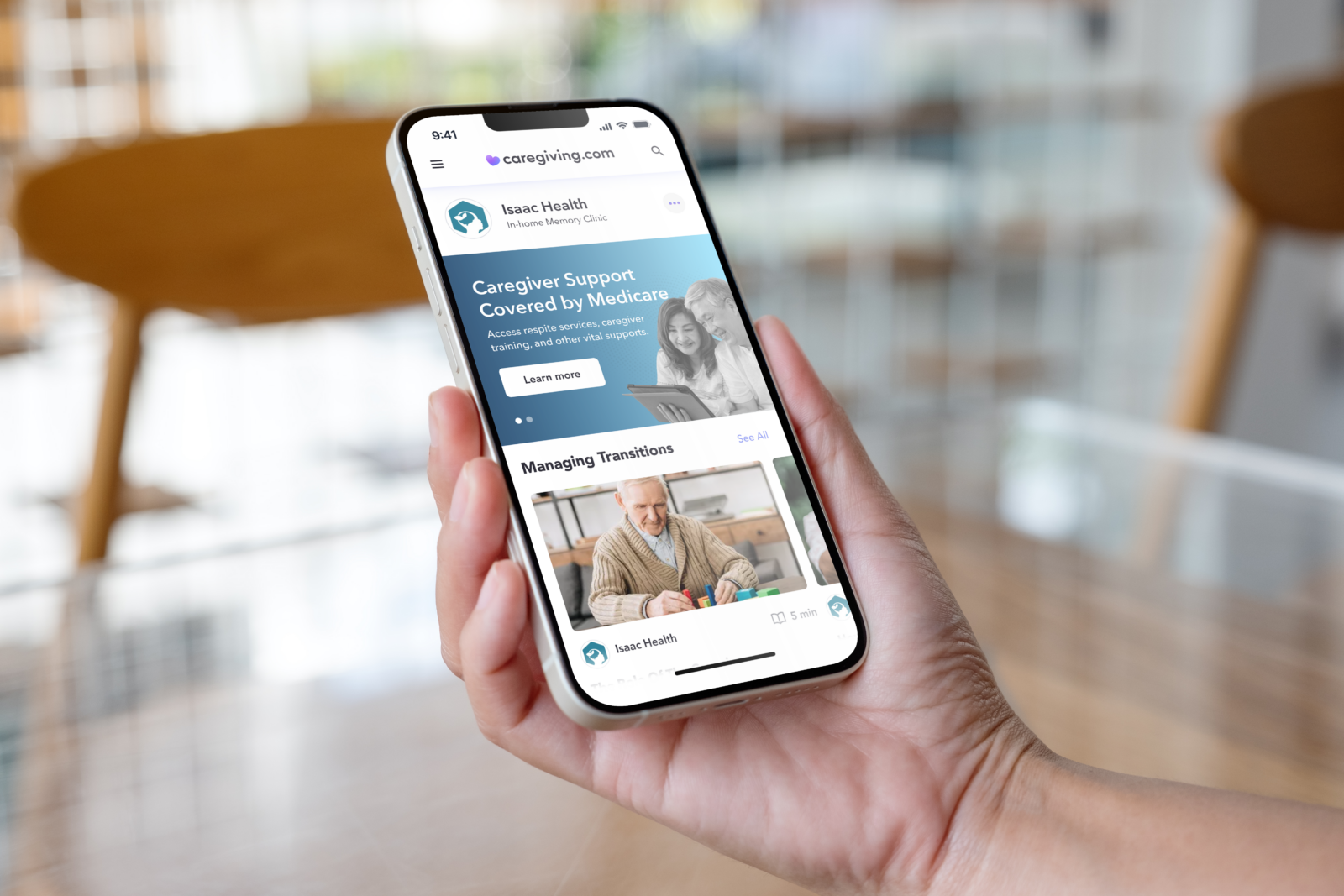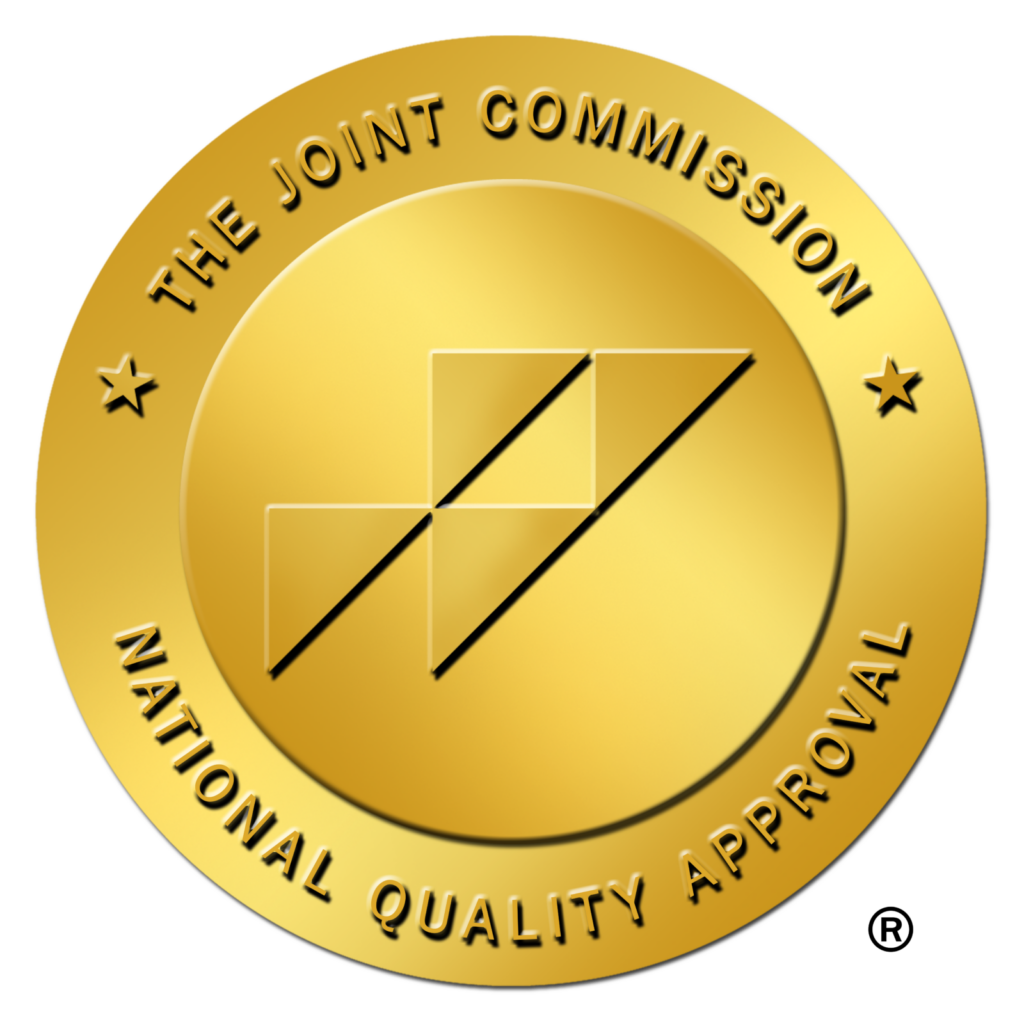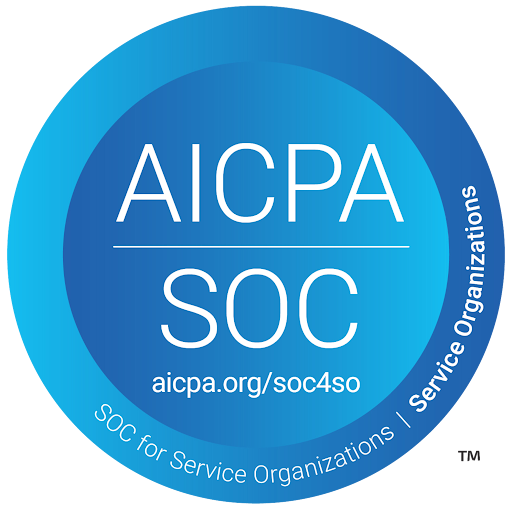Ever feel that afternoon slump where your focus starts slipping and your energy dips? Instead of reaching for another cup of coffee, consider a power nap!
Napping can do wonders for your brain health, especially when done at the right time and for the right duration. Your brain is constantly processing new information, making connections, and managing emotions. Giving it a short break with a nap can actually enhance its ability to function. Here’s how:
- 1. Naps strengthen your memory. Short naps, around 10 to 30 minutes, can help solidify both factual knowledge (like remembering names) and procedural skills (like learning a new dance move). This happens because naps support the hippocampus—a key brain area responsible for memory formation—helping your brain retain what you’ve learned.
- 2. Naps can improve focus and reduce fatigue. Afternoon naps can restore your alertness and reduce mental fatigue. That’s because naps help rebalance important neurochemicals, such as acetylcholine and norepinephrine, which play an important role in focus and information processing. Synchronizing your nap with a single REM cycle — either keeping it brief (10–30 minutes) to avoid grogginess or extending it to around 90 minutes — can enhance alertness and cognitive function upon waking.
- 3. Naps help with stress and overall well-being. Napping can help regulate emotions. A short snooze can lower cortisol levels, the stress hormone, helping you feel calmer and more in control. Naps also support the prefrontal cortex, the part of your brain responsible for decision-making and impulse control, making it easier to handle daily stressors.
Napping well: what should I do?
To get the most out of your afternoon rest, the best window for napping is between 1 PM and 3 PM, when your body naturally experiences a slight energy dip. This aligns with your circadian rhythm and ensures that you wake up refreshed rather than groggy. On the other hand, napping too late in the day (after 4 PM) might interfere with your nighttime sleep.
For your afternoon naps, find a quiet, comfortable space. A cool, dark, and quiet room will allow you to fall asleep faster.
Backed by science
A study published in Sleep Medicine looked at how regular napping affects brain function. Researchers found that people who took naps regularly performed better on attention and reaction-time tests compared to those who didn’t nap. Interestingly, even without a nap, habitual nappers showed naturally higher levels of alertness in the afternoon. This means that if you nap consistently, your brain may adapt and stay sharper even when you don’t get the chance to snooze.
To sum it up, by taking short, well-timed naps, you can improve your memory and focus as well as reduce stress. So next time you’re feeling sluggish in the afternoon, consider closing your eyes for a few minutes — you might wake up feeling sharper and more refreshed.







